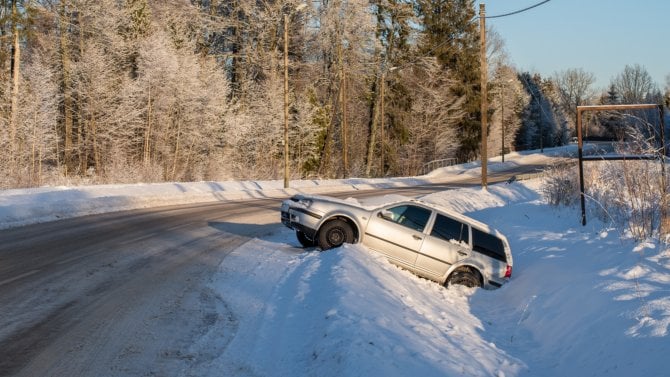(adds further quote from Topolanek, analyst)
By Alan Crosby
PRAGUE, Nov 13 (Reuters) - Czech rightist Prime Minister Mirek Topolanek said on Monday he had dropped his demand that a deal to form an interim government include the condition of early elections in 2007.
Topolanek told a news conference after meeting his rival leftist leader Jiri Paroubek that he was seeking a deal on a stable government which could rule until after the Czechs holds the six-month rotating EU presidency in the first half of 2009.
Topolanek, appointed last week, is trying to form a government that could win a confidence vote in a lower house of parliament deadlocked by leftist and centre-right blocs.
"During the first attempt to form a government we said clearly that we will seek to hold early elections as soon as possible, now it is clear that we will be looking for a more stable solution," Topolanek said.
"Early elections (in 2007) were an unsuccessful concept."
Topolanek formed a minority government after a June 2-3 election that ended in a stalemate, but it subsequently lost a vote of confidence in the lower house and resigned.
Paroubek told the news conference he could see a compromise deal on a government that would rule for anywhere from 18 months to three years. The current parliament's term is supposed to run until the spring of 2010.
"I think that the chances of preliminary elections (in early 2007) are, at this moment, fading," he said, adding that he thinks an agreement could be reached in one or two weeks.
However, Paroubek said he still rejected Topolanek's proposal of a broad coalition government that would include all parties in parliament except the far-left Communists.
Topolanek, in turn, said he had not changed his stance on Paroubek's offer of a deal between the two biggest parties that would see the rightists rule with a minority government supported by the leftists in exchange for programme and personnel concessions.
Analysts said Topolanek's change on the timing of elections may be due in large part to fears that a failure to clinch a coalition deal would lead to an even larger crisis.
Miloslav Vlcek was elected by the house as speaker, but only on condition he would step down after two successive governments failed to win a confidence vote.
If two governments fail, the third is chosen by the speaker, and neither leftist nor centre right parties were willing to let the other side have the post after the second failure.
"Otherwise, we face a limitless crisis in the third round (of choosing a prime minister," said political analyst Bohumil Dolezal. ((Writing by Alan Crosby, Editing by Charles Dick; prague.newsroom@reuters.com; Reuters Messaging: alan.crosby.reuters.com@reuters.net; +420 224 190 477))
Keywords: CZECH POLITICS




 Malý náklaďáček mnoha jmen: Škoda/Aero/Praga (A) 150 byla nedoceněným československým dříčem
Malý náklaďáček mnoha jmen: Škoda/Aero/Praga (A) 150 byla nedoceněným československým dříčem
 Řidička uvízla na železničním přejezdu, rychlík ji minul jen o kousek
Řidička uvízla na železničním přejezdu, rychlík ji minul jen o kousek
 Brzdná dráha delší až o deset metrů. Hlavně levné pneumatiky z východní Asie jsou pro řidiče rizikové
Brzdná dráha delší až o deset metrů. Hlavně levné pneumatiky z východní Asie jsou pro řidiče rizikové
 Test Renault Symbioz: S novým hybridem jezdí svižně a se spotřebou legendárního té-dé-íčka
Test Renault Symbioz: S novým hybridem jezdí svižně a se spotřebou legendárního té-dé-íčka
 Kdo nezvládne tento kvíz za plný počet, ten si dost možná auto zničí. Kontrolky jsou totiž základem komunikace mezi autem a řidičem
Kdo nezvládne tento kvíz za plný počet, ten si dost možná auto zničí. Kontrolky jsou totiž základem komunikace mezi autem a řidičem
